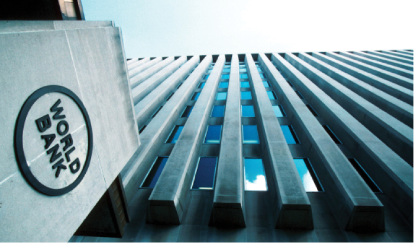
The World Bank has raised concerns over Nigeria’s slow progress in addressing institutional corruption, stating that effective anti-corruption reforms are critical to achieving sustainable growth and development.
At a policy dialogue on the “State of Anti-Corruption Policy and Practice in Nigeria” organized by Agora Policy and MacArthur Foundation, stakeholders emphasized the need for comprehensive reforms in Nigeria’s political, judicial, and institutional frameworks to strengthen the fight against corruption.
World Bank Country Director, Ndiamé Diop, described corruption as a major obstacle to Nigeria’s economic development. He highlighted the persistent difficulty in promoting fiscal transparency within the country’s public service, which he said continues to hinder innovative solutions for accountability and governance.
“Institutional challenges have made it difficult to entrench transparency and fiscal data management, which are essential for sustainable development,” Diop said.
Participants at the event urged the Nigerian government to prioritize reforms in political recruitment, strengthen anti-corruption agencies, and build resilient institutions capable of upholding accountability. They also called for overhauling the judicial system to ensure that corruption cases are prosecuted efficiently and fairly.
Stakeholders warned that without decisive action, Nigeria risks further entrenching systemic corruption, which could undermine its economic prospects and erode public trust in governance.
The dialogue concluded with a consensus on the urgent need for fiscal transparency, institutional reforms, and political accountability as the cornerstones for combating corruption and driving Nigeria’s development forward.






